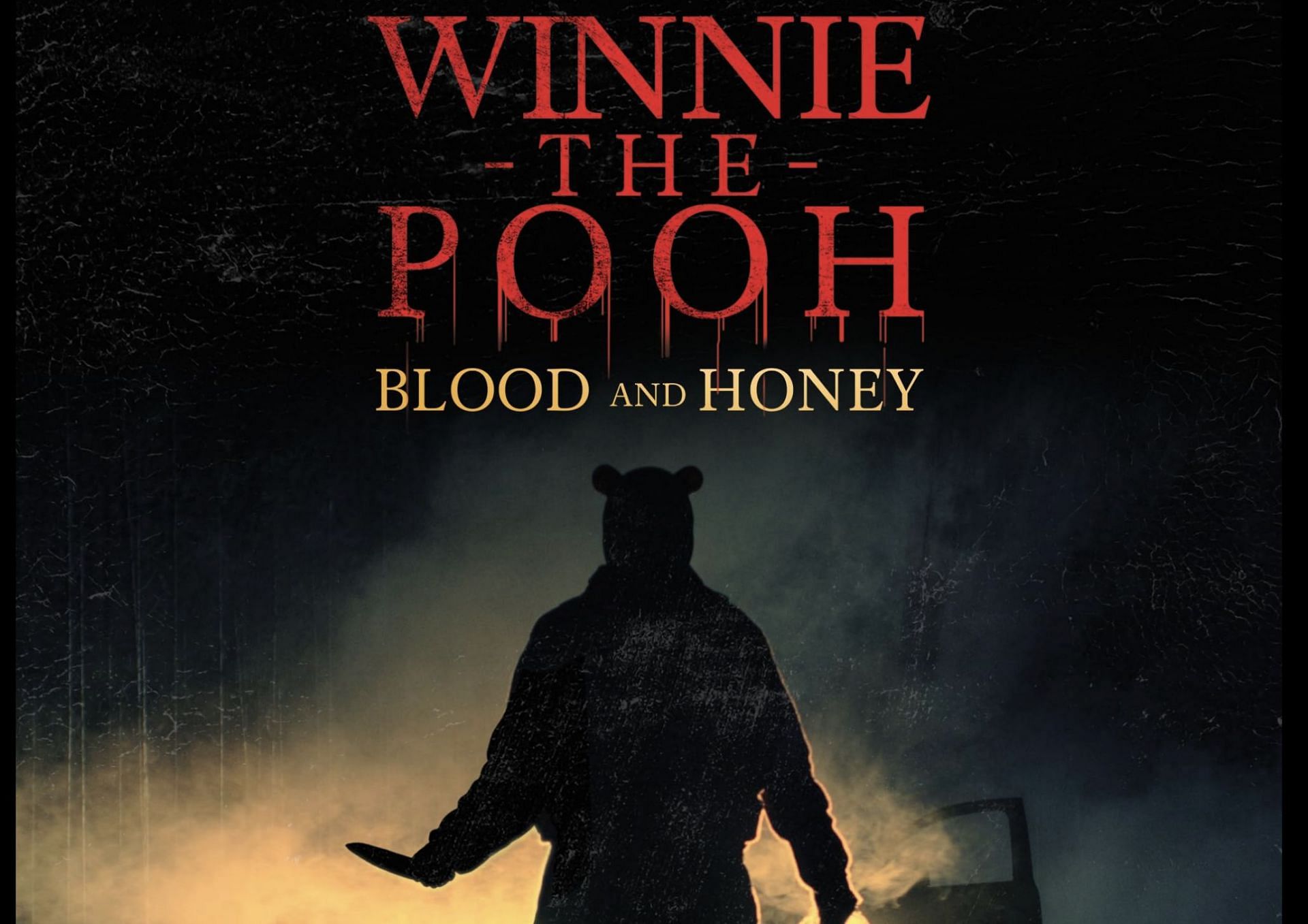
Fact Check: Did Xi Jinping ban Winnie The Pooh: Blood and Honey in China?
The horror film Winnie the Pooh: Blood and Honey encountered issues during its release in Hong Kong and Macau. Initially, Chinese officials approved it to be screened in over 30 cinemas in these regions.
However, just days before the screening, the film's distribution company was informed that they were no longer permitted to show it. Therefore, yes, the Communist Party of China, headed by Xi Jinping, banned Winnie the Pooh: Blood and Honey in China.
This sudden decision to pull the movie led to speculation about censorship. It's worth noting that it was particularly due to the film's content featuring a murderous version of Winnie the Pooh. Notably, this character has been used in memes likened to Chinese President Xi Jinping.
How Winnie the Pooh became a seditious symbol in China
Winnie the Pooh became a subversive symbol in China primarily due to internet memes that compared Chinese President Xi Jinping to the beloved children's character. The trajectory of the comparisons started around 2013. This happened when a photo of Xi Jinping walking with then-US President Barack Obama was likened to an image of Winnie the Pooh walking alongside Tigger.
Furthermore, comparisons were drawn in 2014, linking an image of Xi Jinping with Japanese Prime Minister Shinzo Abe to Pooh and Eeyore. Notably, many saw these comparisons as humorous and harmless. However, they were not well-received by Chinese authorities.
The Chinese government's response to these memes reportedly censored mentions and images of Winnie the Pooh on Chinese social networks. This reportedly included error messages on Weibo for mentions of "Little Bear Winnie" and the removal of Winnie-the-Pooh stickers from the WeChat messaging app.
The exclusion of the kid's beloved character was done as a larger attempt to curb speech of mockery and disrespect towards the Chinese leader. Not only this, but censorship also extended to various media forms, including films. For example, the movie Christopher Robin, which features Pooh, was denied release in China, likely due to these associations.
UCLA director discusses hurdles for Winnie the Pooh: Blood and Honey in China, regardless of Xi Jinping link
According to Iowa Public Radio, Michael Berry, University of California Los Angeles Center for Chinese Studies' director, explained the challenges faced by a film like Winnie the Pooh: Blood and Honey in China. In his statement, he highlighted two major obstacles:
1) Quota System for Foreign Films: China strictly limits the number of foreign films that can be distributed due to a quota system. This system favors major blockbusters, such as Marvel and DC superhero movies or big-budget war films, over smaller films. As a result, smaller films often struggle to access the Chinese market.
"Firstly there is a quota system in China that strictly limits the number of foreign films distributed; because of this quota, most studios submit big tentpole films like Marvel and DC superhero movies or big-budget war films. Smaller films often have trouble getting access to the market," Berry said.
2) Lack of a Film Rating System: The second point noted by the UCLA director was about the lack of a film rating system in China, which means that all films should be suitable for a general audience. This poses significant challenges for horror films, as their content is not typically appropriate for all ages.
"That provides inherent challenges when it comes to the horror genre," Michael Berry said.
Winnie the Pooh: Blood and Honey was released on January 26, 2023. Notably, the sequel of the movie titled Winnie the Pooh: Blood and Honey 2 was also released on March 26, 2024.